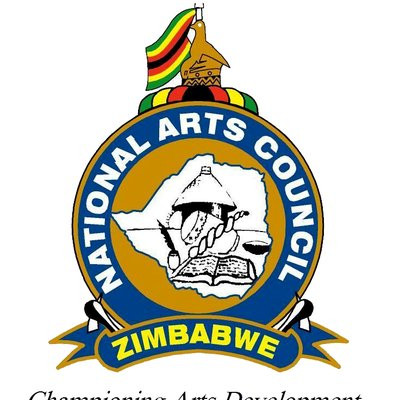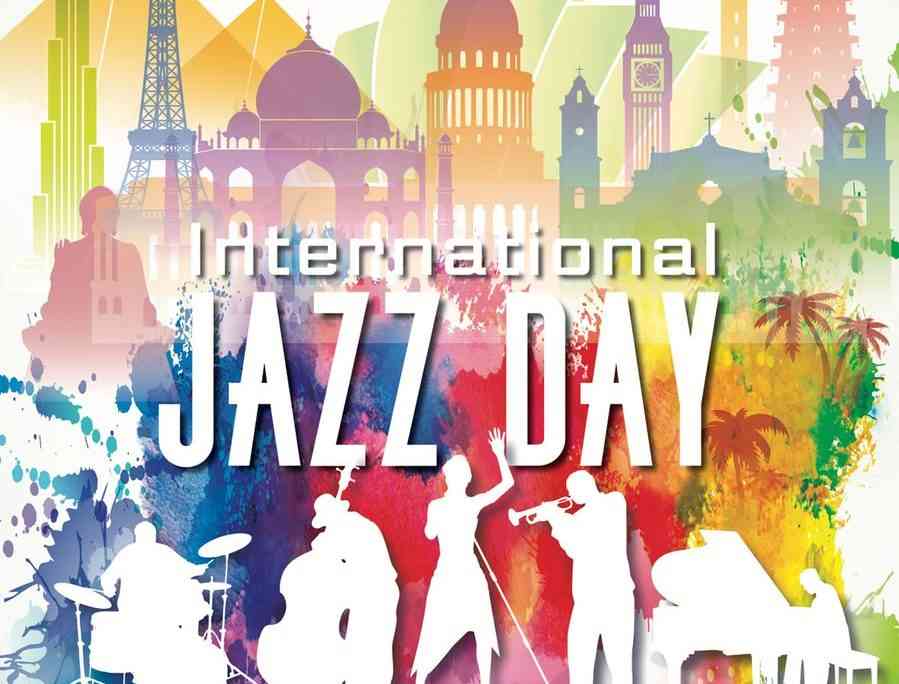
A lot is being said about theatre in Zimbabwe. A lot of presenters are behaving like Texas herd boys (cow boys).
They are shooting from the hip and miss the target in the process. Others are behaving like spoiled babies who cry foul when something which used to benefit them is no longer doing so, thereby misrepresent the state of theatre in Zimbabwe.
The state of theatre in Zimbabwe needs a careful observation and analysis for one to give accurate critique and interpretation.
It has developed and reached a level where its existence is no longer judged by its visibility in community halls and a number of performances in schools and streets but by the number of groups which have transformed from mere drama groups to professional companies, trusts and non-governmental organisations; a number of individual theatre practitioners who are actually working full time in the industry(not waiting for a performance), and also a number of theatre practitioners, not only academic students who have acquired professional/ academic qualification in theatre and performing arts in the past ten years.
The reason for emphasing the academic and professional qualifications attained by practitioners is crucial here because all the theatre practitioners in Zimbabwe have taken up theatre full time without any basic and formal training.
It has been out of love and passion for the magnificent art. It is from this love and passion that theatre in Zimbabwe was built.
The current theatre practitioners must be commended for staying and soldiering on despite the lack of clear national cultural policy and the absence of school for formal theatre training.
Other arts like music, painting, film, have formal schools but theatre has survived on school of love and passion.
- Chamisa under fire over US$120K donation
- Mavhunga puts DeMbare into Chibuku quarterfinals
- Pension funds bet on Cabora Bassa oilfields
- Councils defy govt fire tender directive
Keep Reading
At one point there were vibrant theatre associations but they have since long collapsed, theatre has survived.
Theatre practitioners have gone ahead and initiated formal, academic and professional training for themselves and they have done this through collaborations with Zimbabwean universities.
Theatre practitioners in Zimbabwe have proved Susan Harnes, the former chairperson of National Theatre Organisation, wrong.
She said: “If you want to make money don’t do theatre,” in Theatre Training Manual, (1990 publication).
They have also proved Adrian Stanley wrong who during the interview with Roy Holland about drama school said:
“I think the problem should be tackled from the top — from the education department.” Arts Zimbabwe (A Black Future For Theatre? p 18), 1978, (National Arts of Zimbabwe Foundation publication).
Instead, theatre practioners are making money and have started from scratch!
I must point out that since the collapse of theatre associations such as Zimbabwe Association of Community Theatre, Zimbabwe Association of Theatre for Children and Young People and National Theatre Organisation, the abolishment of the then Ministry of Education, Sport and Culture’s cultural promotions officers at district and provincial level, it was left to the individual groups and individual theatre practitioners to keep the flame of theatre burning!
It is the efforts, dedication commitment and sacrifice of these groups and individuals with the help of donors and non-governmental organisations that must deserve a special place when the history of Zimbabwean theatre is written.
This presentation seeks to bring out and have open debates and discussions on two misleading theories which are whispered in the streets, corridors, offices, theatre houses, etc.
The two theories are theatre in Zimbabwe is dead, and the donors/non-governmental organisations are killing theatre in Zimbabwe.
The first theory says theatre in Zimbabwe is dead, I am very curious to know from those who are spreading this theory what their definition of dead is. The common meaning of dead to most people is completely stopping from existing or breathing.
What I think these theorists lack is the understanding of how revolution works; like in any other revolution all over the world be it political, industrial, economical etc, there is time for spontaneous uprising were everyone available is involved, then time to structure the struggle where capable people are put in right positions, then time to formulate strategies, where methodologies and plan s are sorted and developed, and time to execute; where methods and plans are implemented, then victory is certain.
The Second Chimurenga and Chiadzwa diamond mining comes to mind. If a revolution fails to follow the above form there is bound to be failure or people are forced to restrategise.
To put it in simple terms, in a revolution or any other operation, there must be a vision, mission statement, goals, aims, objectives, strategies and activities to give it a meaning.











